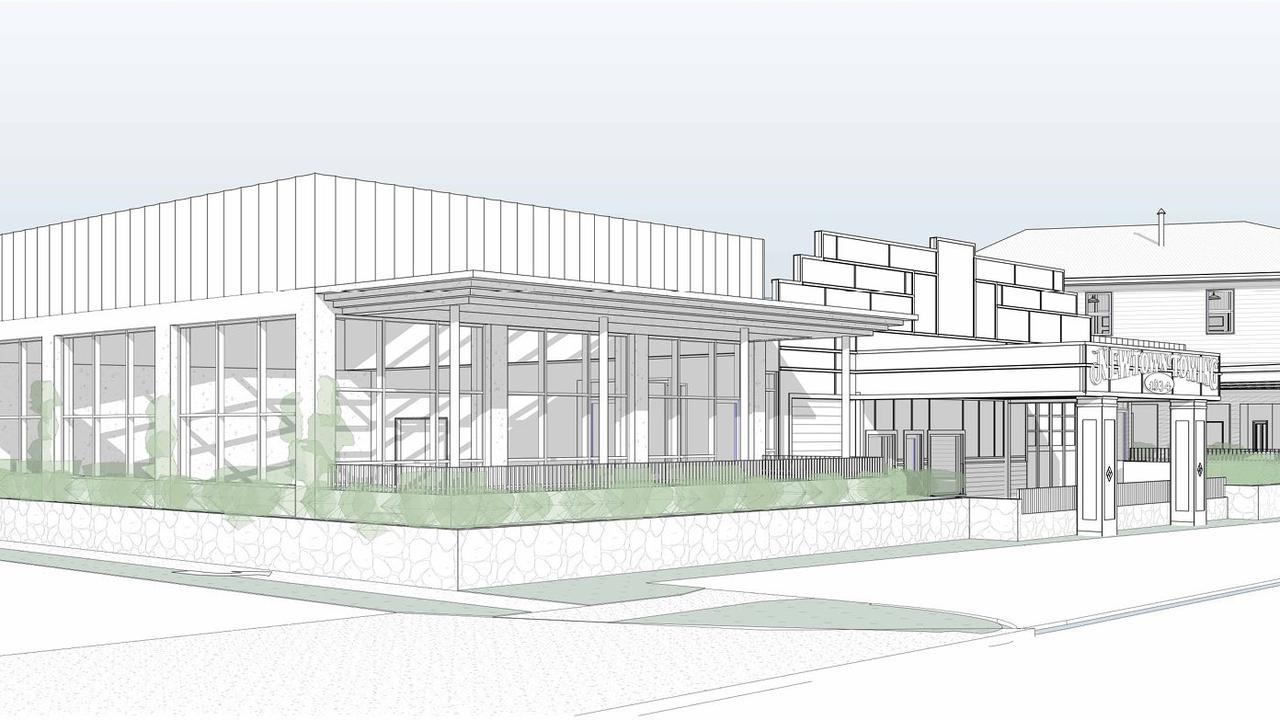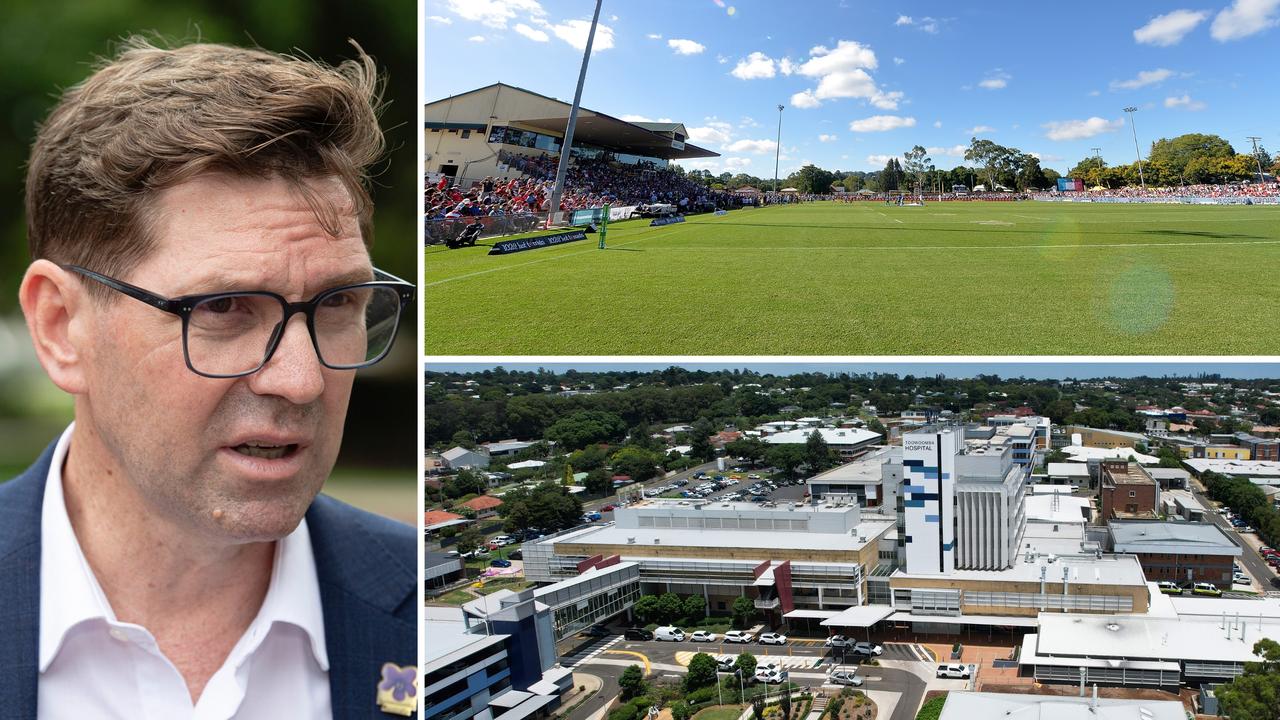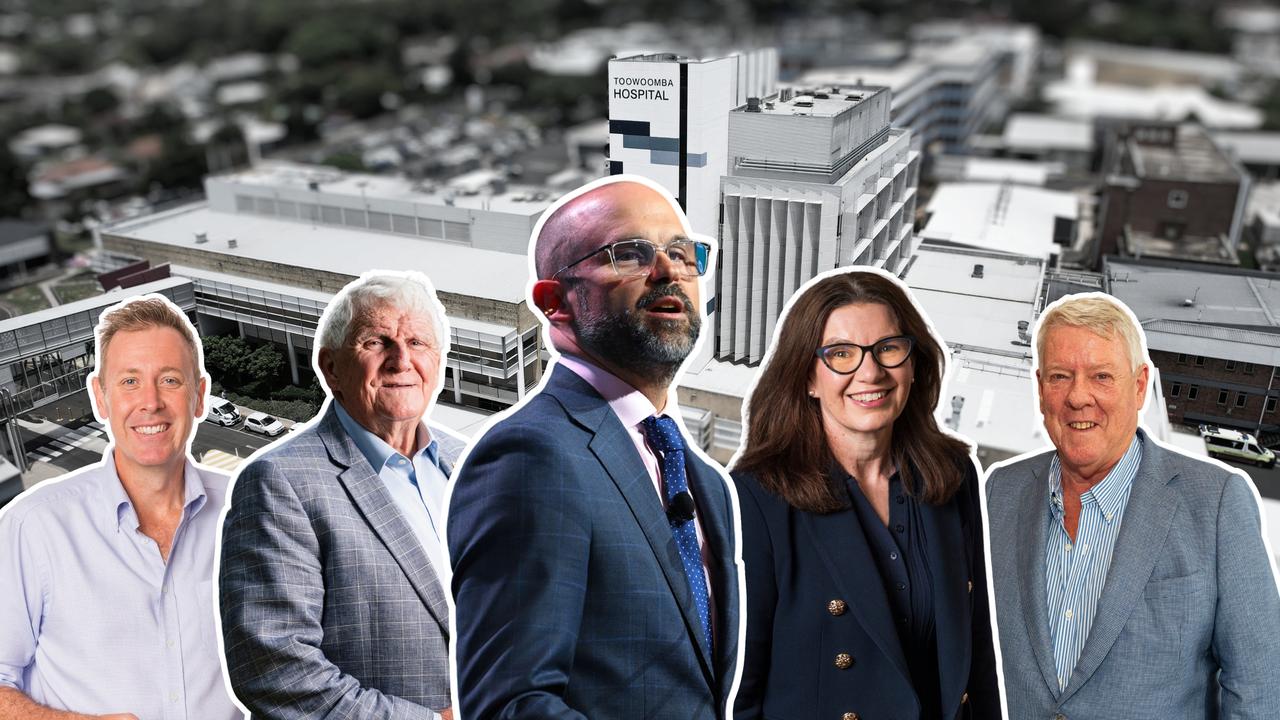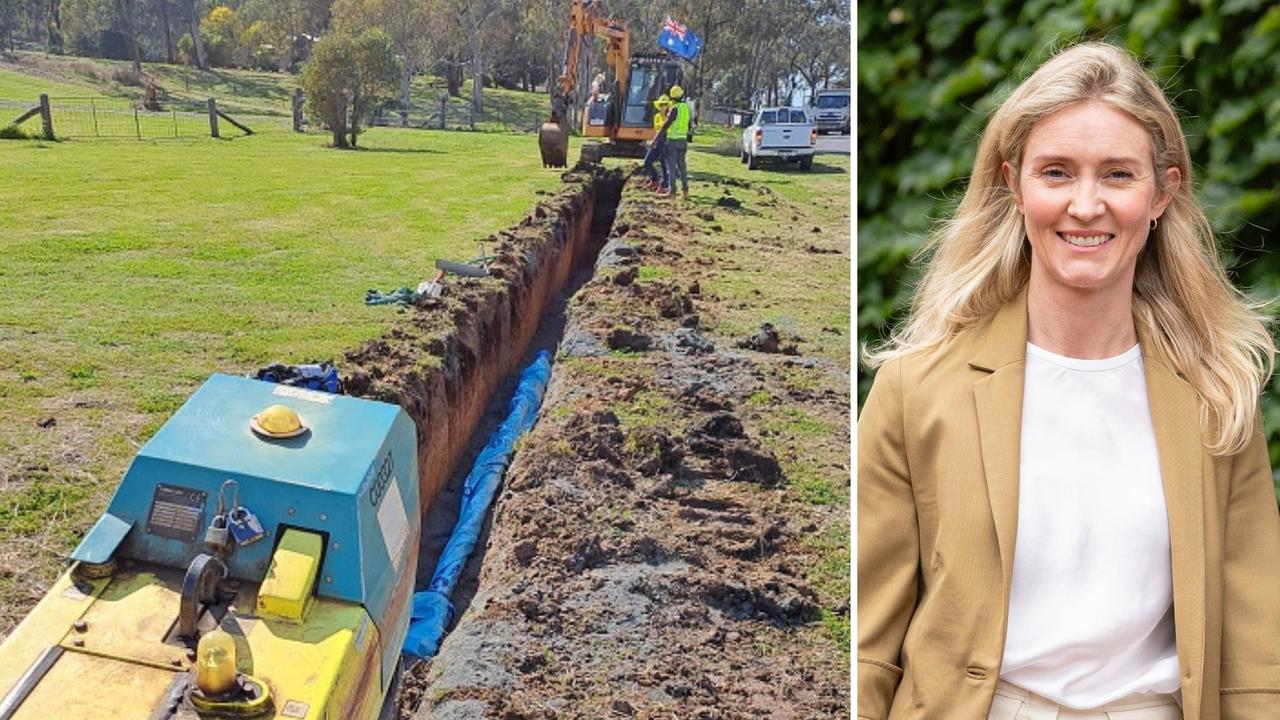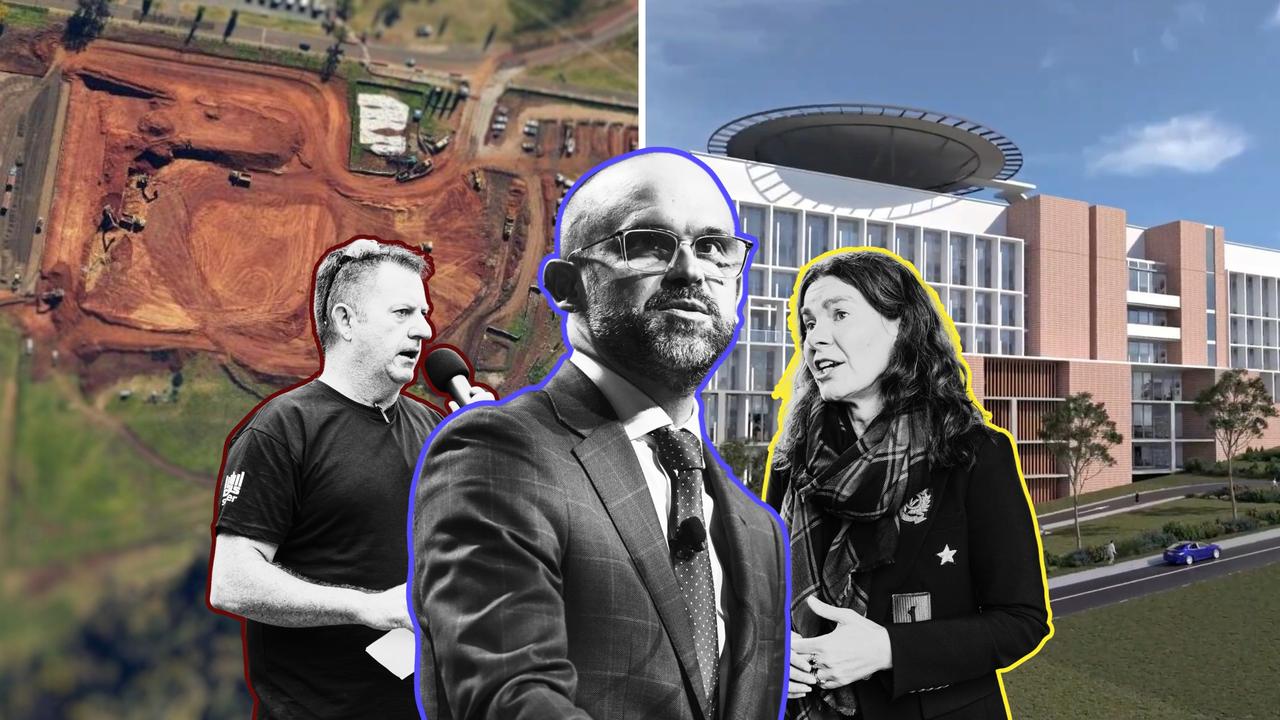Rocket engine testing facility to expand at Helidon outside Toowoomba
It’s the first privately-owned facility of its kind in Australia, which is set to grow the country’s space industries. Now the company behind it has expanded.
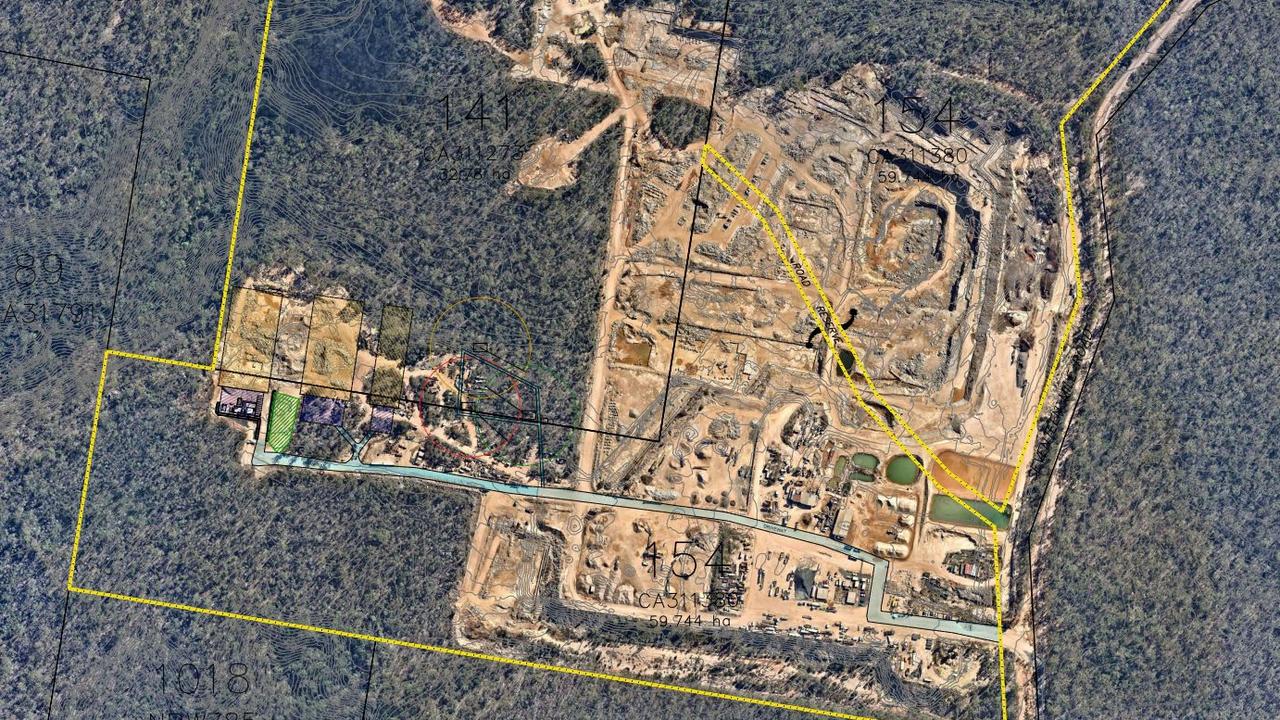
Development
Don't miss out on the headlines from Development. Followed categories will be added to My News.
The development of a rocket engine testing facility just half an hour from the Toowoomba CBD has taken a giant leap forward, with plans lodged to create the site’s second stage.
Rocket Technologies International, acting as Scotbar Pty Ltd, put forward an application with the Lockyer Valley Regional Council to expand the current facility at the Waterfall Creek Mine on Seventeen Mile Road at Helidon.
The testing facility, which is the first privately-owned site of its kind in Australia, was developed by RTI in partnership with the University of Southern Queensland.
According to the planning report lodged with the application, the second stage will expand the operations by creating three testing areas where motors are secured to the test bed in a stationary position.
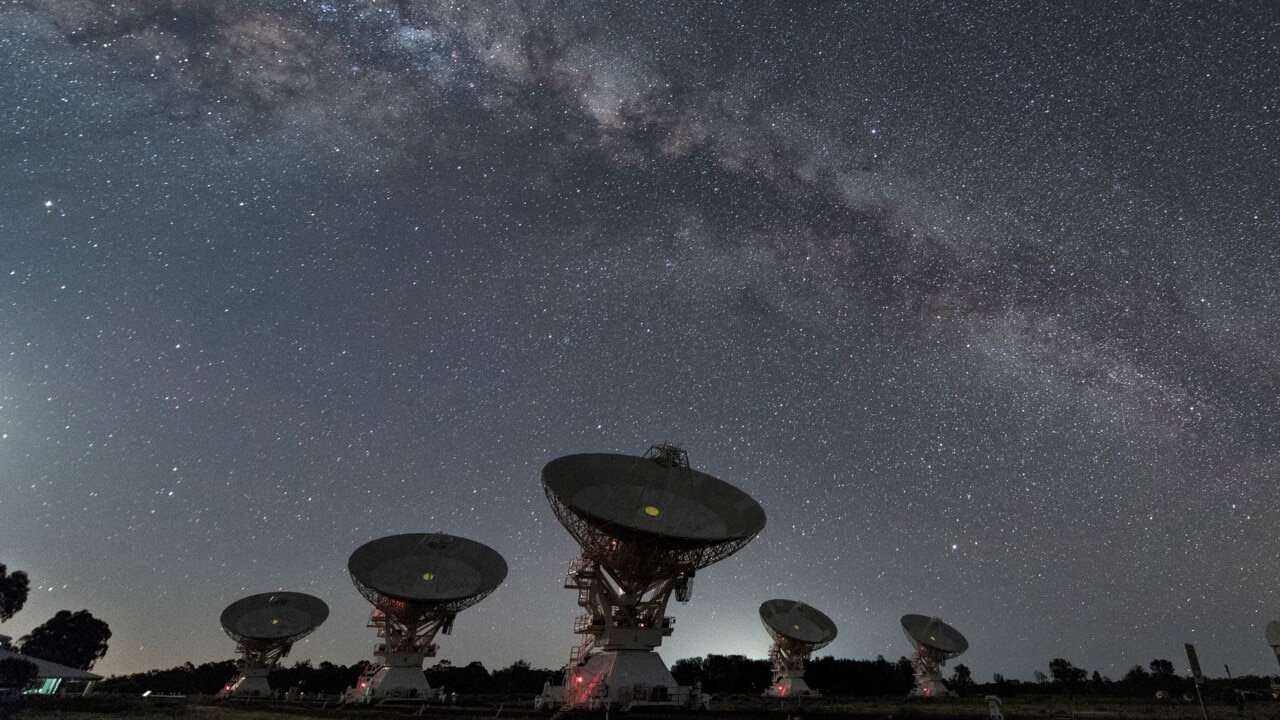
“It is critical to note that the testing of rocket motors does not involve firing rockets into the sky,” the report said.
“Two of the three testing areas are 1500 sqm while the third is 750 sqn to enable flexibility for potential customers.
“Testing will occur for varying times depending on the purpose of the test.
“Some tests may run for as little as 10-20 seconds whereas others will be for greater durations — the frequency of tests will depend on demand for the facility.”
The application also included an ecological assessment report, which argued a fauna spotter be hired to rehome native animals, as well as the removal of hazardous weeds like prickly pear from the area.
RTI said the facility would build Australia’s capacity for develop rocket manufacturing and advanced technologies.
“Our goal is to see RTI play a significant role facilitating and attracting national and international leading technology companies not just to Queensland but to support the entire Australia industry with this space hub development,” the company said.
“Partnership with the University of Southern Queensland enables a collaboration with world wide recognised experts in a variety of fields, the space sector, hypersonic, data gathering and analysis, and the tracking of spacecraft as they re-enter Earth’s atmosphere.”
The first rocket engine was fired in November last year, which was a collaboration between RTI, USQ and Brisbane company PFI Aerospace.




